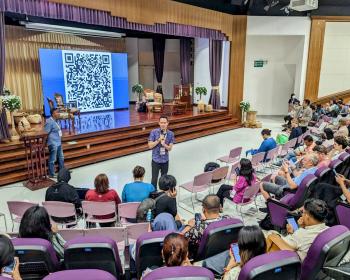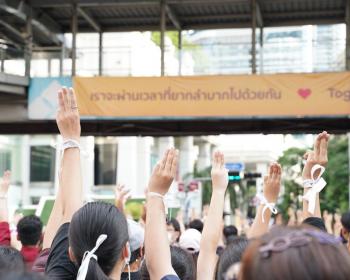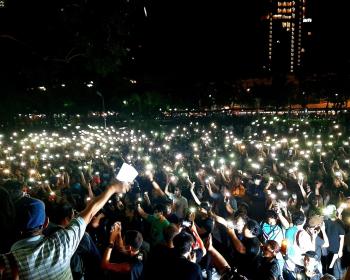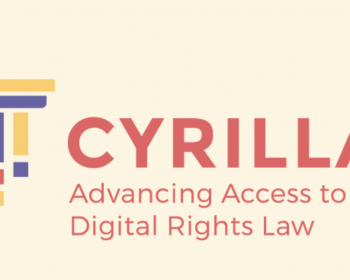Thailand
We all see the the impact of our digital usage but don’t often think about our digital well-being. An innovative Thai project developed workshops for women and LBQ activists on coping better with digital technology and activism, and suggested a new paradigm of using digital tools while also caring about everyone’s well-being.
This year APC member EngageMedia organised DRAPAC23, the Digital Rights Asia-Pacific Assembly, on emerging trends of digital technologies and building a rights-respecting digital future in Asia-Pacific. We interviewed EngageMedia on why this Assembly was so important for the region right now.
The Disco-tech session at the Digital Rights Asia-Pacific Assembly (DRAPAC23) focused on supporting environmental sustainability and justice in Asia. We explore the participants' interventions to help develop a Feminist Principle of the Internet on the environment.
Sweeping to power by the military coup in May 2014, Thai Prime Minister Prayut Chan-o-cha is known for not being friendly to any independent media. As the protests against his government keep growing across the country, the decision to ban the four independent media houses is nothing but another sign of policy failure to handle the situation.
Piyanut Kotsan, director of Amnesty International Thailand, enumerates the human and digital rights issues and violations occurring during the recent youth-led protests, from the disproportionate use of laws against dissenting opinions to the increase in online harassment against young protesters.
On the anniversary of the 2006 Thai coup, protesters will once again gather at Thammasat University in Bangkok, Thailand, to call for political changes and democratic reforms. Students as young as 14 years old have been at the forefront of the protests, with some groups demanding ten key reforms, among them the revocation of the lese-majeste law and the pardoning of all those jailed due to this...
In early 2020, Thailand saw a wave of student protests challenging the tenure and government of the Thai prime minister, but the pandemic forced a suspension of protests. How has social media been used in response?
From 10 - 12 June, CYRILLA and APC hosted a Twitter campaign. The purpose of #DigitalLawsAsia was to explore the human rights impacts of digital regulation in South and Southeast Asia.
Technology has become a crucial part of the COVID-19 response, and this has raised some serious questions: Can privacy and public health security go hand in hand? Is it enough to use safeguards such as transparency and the use of intrusive technology only when absolutely necessary?
The Forum for Human Rights and Development, the Association for Progressive Communications, Bytes for All, Pakistan and Global Partners Digital are organising a regional consultation in Bangkok on the State of Freedoms of Assembly, Association, Expression and Religion on the Internet in Asia.

Association for Progressive Communications (APC) 2022
Unless otherwise stated, content on the APC website is licensed under Creative Commons Attribution 4.0 International (CC BY 4.0)












